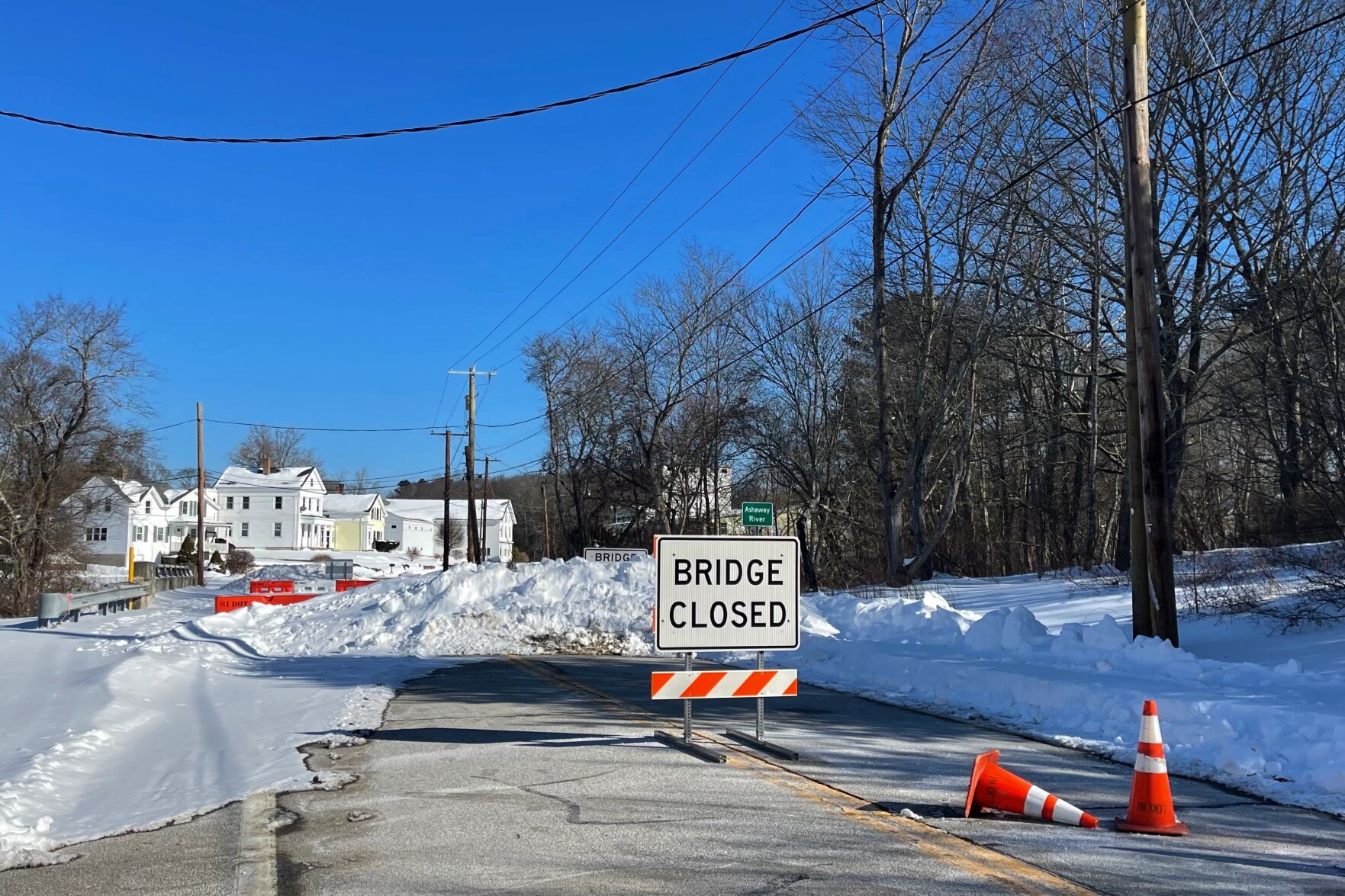Educators warn that AI tools have become so widespread, assigning typical homework may be “like asking students to cheat.” With cheating described as “off the charts,” schools are urgently redefining what academic honesty means in the AI era.
As AI tools reshape education, schools struggle with how to draw the line on cheating (World)
Key Takeaways:
- AI adoption in schools has grown rapidly.
- Some teachers see outside-of-class writing as risk-prone.
- Educators report unprecedented levels of cheating.
- Institutions grapple with new guidelines for AI use.
- Students’ writing skills could suffer if AI use goes unchecked.
Background on AI and Its Widespread Use
In high schools and colleges across the country, the use of artificial intelligence by students has soared. According to some educators, AI is so accessible that relying on it for assignments outside the classroom can be comparable to cheating. As they see it, the technology has quickly become an everyday tool for students, blurring the line between legitimate academic help and unethical shortcuts.
The Educators’ Perspective
High school and college instructors alike are sounding the alarm. “The cheating is off the charts,” says one educator, adding, “It’s the worst I’ve seen in my entire career.” Such statements reflect a growing consensus among teachers that the problem transcends typical academic dishonesty, partly due to how easy it is for students to access AI-generated responses.
Drawing the Line on Cheating
Amid this surge in AI-driven assignments, schools are wrestling with where to draw the boundary between acceptable use of technology and outright cheating. Educators emphasize that simply prohibiting AI can prove futile, as many students operate beyond the reach of strict surveillance when completing homework at home. This new frontier raises urgent questions about how to update academic honesty policies to capture the nuances of AI use.
Impact on Students
Beyond immediate concerns about cheating, educators worry about long-term learning outcomes. Relying on AI to craft or significantly shape homework can compromise a student’s ability to develop critical writing and research skills. With AI continuing to evolve, the debate over responsible integration is expected to intensify—leaving teachers, students, and institutions grappling with how to safeguard academic integrity in an increasingly digital world.











